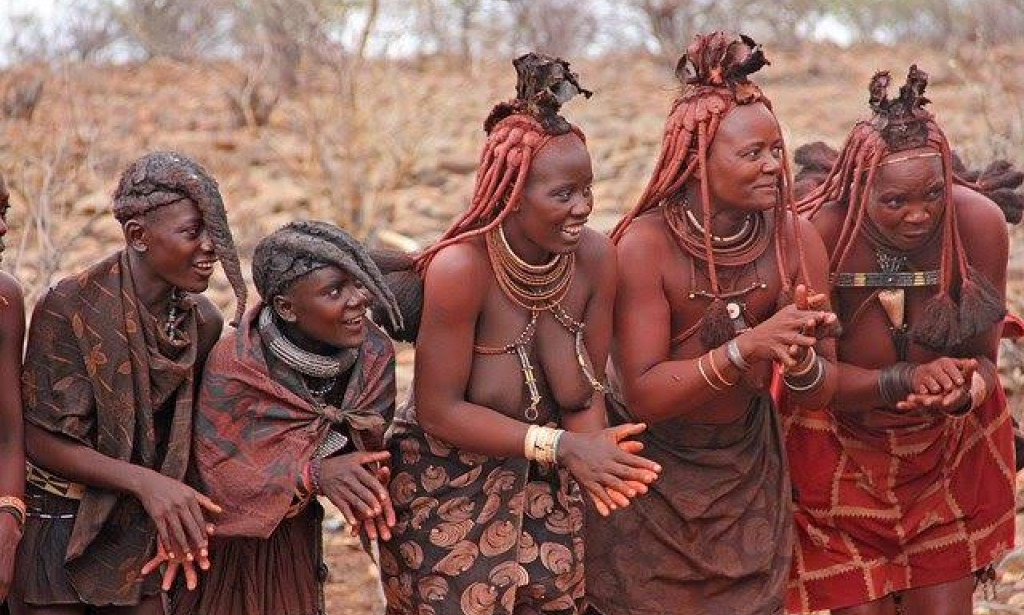Introduction
In the arid landscapes of northern Namibia, the Himba tribe stands out not only for its striking appearance but also for its unique customs, particularly regarding hospitality and sexuality. For many outsiders, the notion that sexual encounters can be offered to guests may seem shocking or exotic. However, for the Himba, this practice is deeply rooted in their cultural identity and social structure.
Cultural Context
The Himba people are semi-nomadic pastoralists known for their distinctive red ochre body paint and intricate hairstyles. Their lifestyle is closely tied to their cattle, which are considered a symbol of wealth and status. Hospitality is a cornerstone of Himba culture, and it is expressed in various forms, including the offering of food, drink, and, in some cases, sexual experiences.
The Tradition of Offering Sex
In Himba culture, offering a woman to a guest is not viewed through the same lens of morality that many Western societies might apply. Instead, it is seen as a gesture of goodwill, a way to forge bonds and show respect. The act is often consensual and understood within a broader context of community ties and social obligations.
Guests are typically offered the company of a woman, who may be chosen by the host or, in some instances, may volunteer. It is important to note that such interactions are governed by a strong sense of respect and understanding, and they do not imply a lack of agency for the women involved.
Perspectives from the Himba
Interviews with members of the Himba tribe reveal a complex understanding of their traditions. Many women express pride in their role within these customs, emphasizing that they are not merely objects but active participants who retain control over their choices. Men often view the practice as a way to honor their guests and showcase the tribe's hospitality.
The Impact of Tourism
As tourism grows in Namibia, the Himba tribe faces new challenges and opportunities. While some see the potential for economic benefits, others worry about the commodification of their culture. The interaction between tourists and local customs can lead to misunderstandings, and there are ongoing debates about the ethical implications of such practices in a modern context.
Ethical Considerations
The offering of sexual encounters to guests raises important questions about consent, cultural relativism, and the responsibilities of both visitors and hosts. While for the Himba, this practice is a normal expression of hospitality, outsiders may interpret it differently. Respecting cultural differences while advocating for the rights and dignity of individuals remains a delicate balance.
Conclusion
The Himba tribe's tradition of offering sexual companionship to guests is a fascinating example of how cultural practices can defy simplistic interpretations. It serves as a reminder of the diversity of human experiences and the importance of understanding the context behind them. As the world becomes increasingly interconnected, these conversations about culture, consent, and hospitality are more vital than ever.


Nice and interesting article
nice
nice
good
Nice work 😊
So surprised 😯
You must be logged in to post a comment.